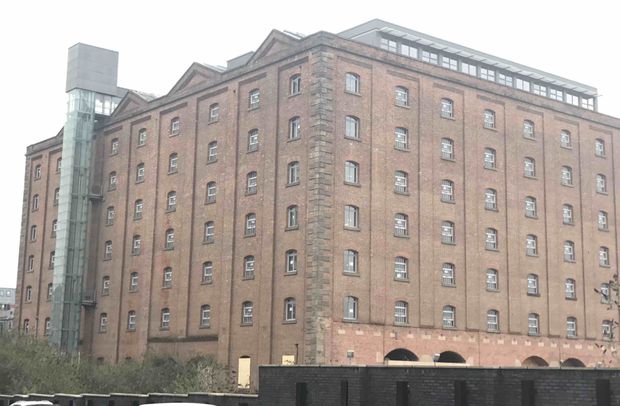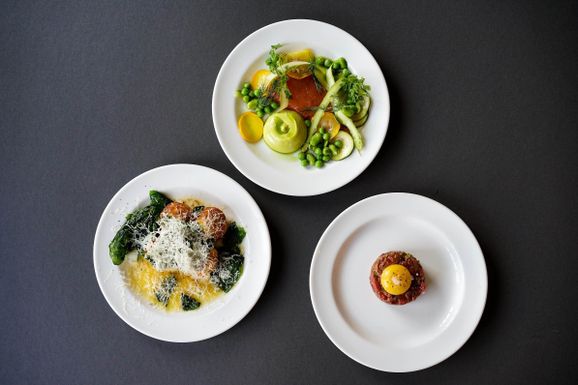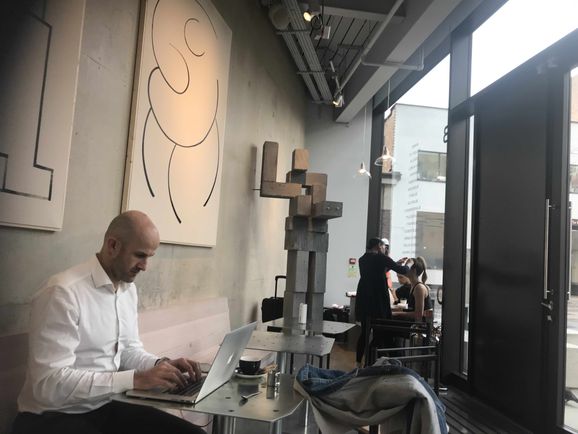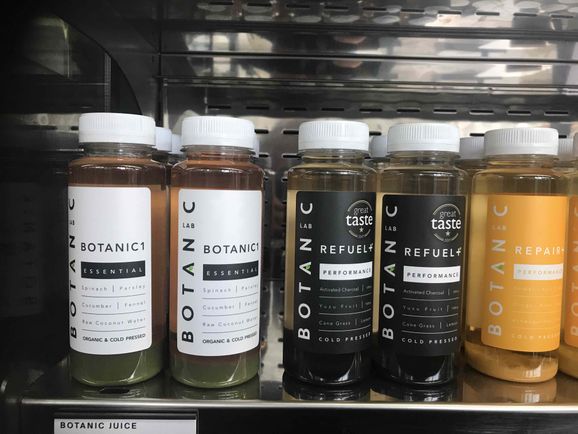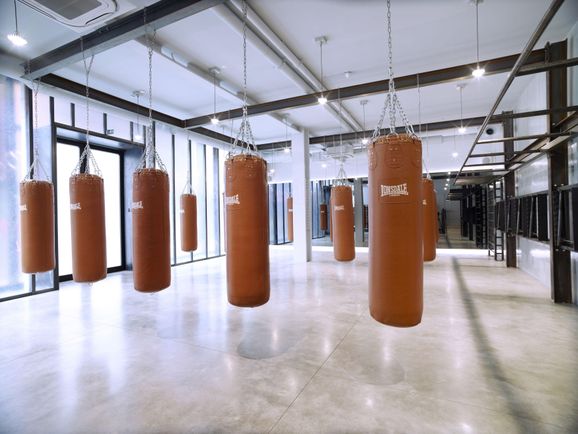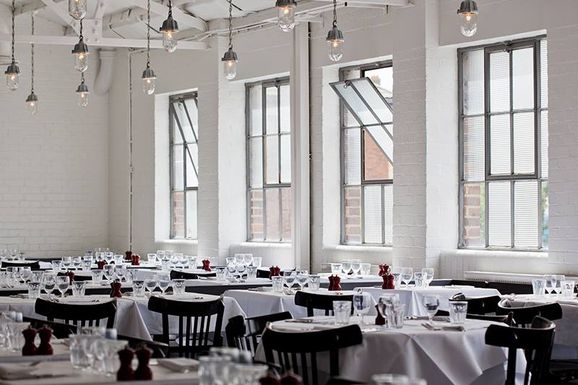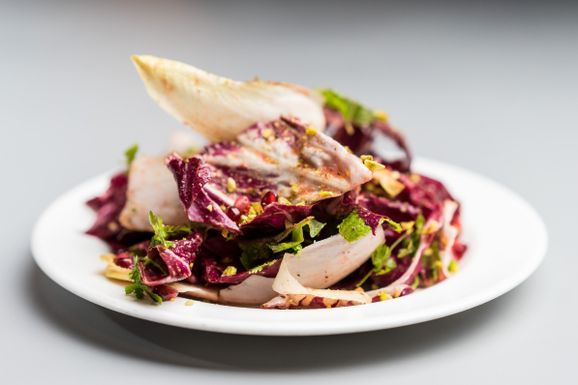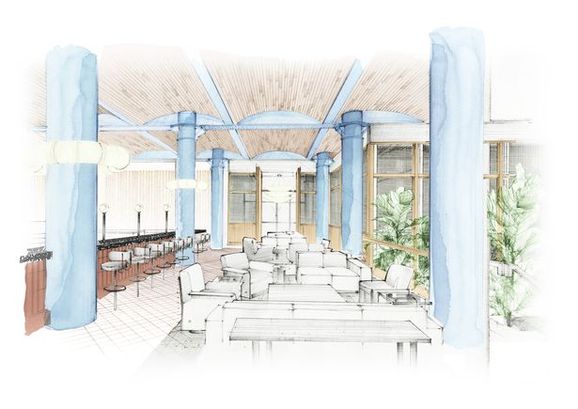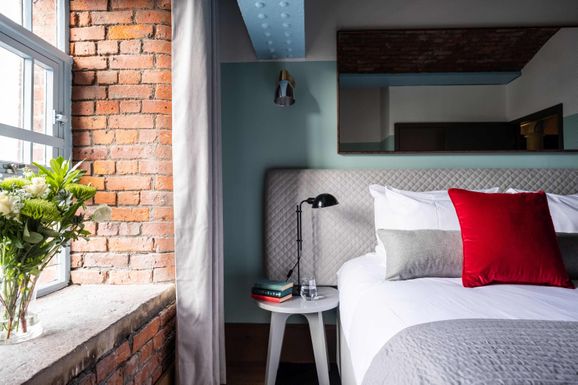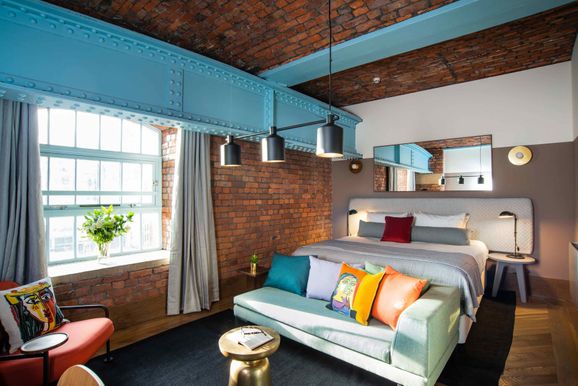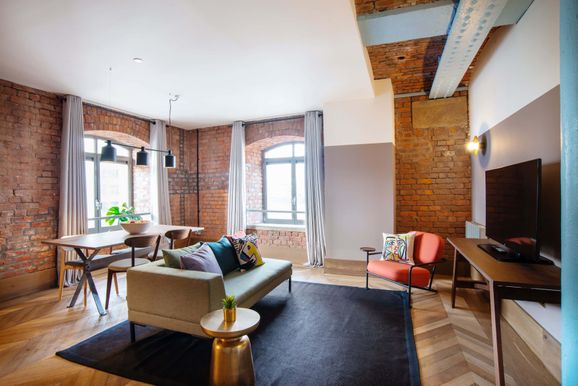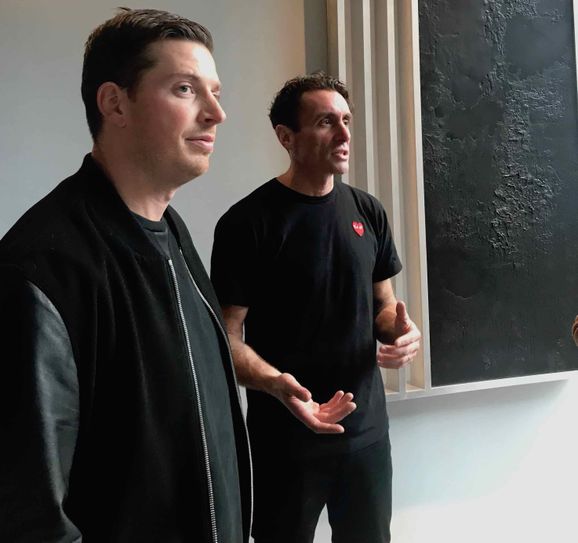I SUSPECT the fat cats of the Manchester, Sheffield and Lincolnshire Railway dined in their own panelled boardroom. In the company of cotton magnates, sharing their relish for vast roasts... or mutton chops ample as their own whiskers and waistcoats. With lardy puddings to follow.
Victorian Manchester didn’t do healthy brunch. 21st century Manchester does, often in the 19th century industrial premises it has inherited. America and then London set the trend.
Take Bistrotheque, pre-hipster pioneers of converted East London warehouse space. Founded in 2004, this backstreet eaterie somewhere between Hackney and Bethnal Green still packs them in every weekend for a legendary brunch with ivory-tinkling accompaniment from ex-Placebo keyboardist Xavior Roide.
We can only demand our own jolly lounge piano covers when their Manchester offshoot opens this summer as part of an ambitious project called CULTUREPLEX, housed in the Ducie Street Warehouse, once a cotton goods depot for the aforementioned MS&LR.
Early in the Noughties this monumental brick masterpiece overlooking Piccadilly Basin was converted into an serviced apartments complex called The Place. To match its spectacular industrial interior it briefly flirted with fine dining via a textile themed restaurant called The Cotton House. Decor: thousands of cotton tassels dangling between cast iron pillars like some giant hula dancer's skirts. Then it all went quiet.
Now in a major redevelopment, from July it will house three independent businesses operating separately – Native will run a design-led 166-room aparthotel (only their second outside London) occupying the bulk of the seven storey building; BLOK (below) will aim to repeat the success of their stylish Shoreditch and Clapton boutique fitness studios (with cafe wifi and health drinks, above); and then there’s CULTUREPLEX, occupying the ground floor.
The latter styles itself as a social and cultural hub, encompassing an 80-seater Bistrotheque restaurant and its open kitchen, a coffee and casual food counter called Klatch, an all-day lounge/workspace, a high spec 38-seater cinema, programmed by HOME, and bookable events rooms.
To get a feel of what Bistrotheque has to offer foodwise, ToM enjoyed an away day to London to meet co-founders David Waddington and Pablo Flack – both long-exiled Northerners (Settle and Huddersfield respectively). Besides their groundbreaking base they also run Hoi Palloi inside Shoreditch’s Ace Hotel and have been hyperactively involved in numerous pop-ups, so CULTUREPLEX is just one new challenge.
Bistrotheque itself offers a template that’s still on trend – canteen-style, all stark whitewashed brick and big windows (below).
“The Manchester version will be much softer… the space has wonderful features and we want to do them justice,” David tells us. “We just loved the building, which is why we chose to come.
“The CULTUREPLEX concept fits what we’ve always tried to do, existing at this crossroads of food and drink and music, art and performance. People come to our restaurant because they like the whole thing. They like the design, the food, the service, the atmosphere. All of those things come together to create that experience.”
And the food offering, brunch aside? “We see no reason to change the basic food menu with its regularly changing dishes.”
We can see why. It’s not as culinarily ambitious as many recent arrivals in East London, but that’s no criticism. It offers consistent, well-sourced superior, comfort food on the evidence of a creamy scallop starter and a signature main of steak tartare. Next time we have our name down for smoked pressed beef with salt baked celeriac and pickled walnuts. Not all beefy, mind. Plenty of vegan options and a killer cocktail list, too. Here’s a link to its dinner-only menu.
The lounge areas are a quirky, informal extension of Bistrotheque’s community ethos. Take Klatch. Offering coffee and affordable to-go food in the day, refuelling the lounge dwellers, by night it flips into a craft beer and natural wine stand. It’s not all plant-based and health either, promising the likes of mozzarella and mortadella toastie or a chocolate and banana loaf with salted butter.
And there’ll plenty of culture to chew over curated by newly-appointed programme director, Manchester media figure Katie Popperwell. Her remit is quarterly commissions across film, performance, visual arts and craft.
She told us: ‘Manchester’s cultural infrastructure is in the midst of massive change, with food and beverage a more and more central part of the picture for many institutions. We’re flipping the model of a cultural space, allowing us to be playful with our programme and really listen to the needs of the creative community.”
Pablo Flack added: “Our job is not to tell Manchester what’s interesting, it’s to create a space for the people of the city to tell us. On a personal level, as a Huddersfield-born, ex Manchester resident, it’s great to be back up North and spending time in what has become an exciiting, engaging and ambitious city."
David Waddington added: "I grew up in a very rural part of the North West, and at that time Manchester was a strong influence. I’d make pilgrimages to institutions like Cornerhouse and shops like Creme. Returning to the city now, the culture, style and enthusiasm is ever present, and I’m looking forward to CULTUREPLEX being a part of that.”
NATIVE To complement CULTUREPLEX, the Native aparthotels group has a strong ‘modern industrial chic’ vision for the rest of the historic warehouse with work well underway on the apartments, whose top of the range option will be the penthouse suites with terrific city panoramas.
We visited the Native Bankside, which is the closest of the 17 London locations to the Ducie Street aesthetic and were impressed by the canny home from home functionality of its accommodation.
BLOK The boutique gym launched in Clapton in 2016, branched out to Shoreditch last year and now completes the symbiotic trio of indie operations on the Manchester site. Minimal equipment is the mantra, just the odd punchbag or dumbbell, no treadmills or free weights area.
Fashion photographer Max Oppenheim, who founded BLOK with business partners Ed and Reema Stanbury, told us: “We wanted to create an environment where people would feel comfortable going from boxing to yoga to pilates to strength and conditioning, to get that complete body workout. We consider ourselves to be where fitness meets art and design. We borrow from the gallery aesthetic with the polished concrete floor and we always have an exhibition."
Unique project for the city? You’ve cottoned on already.

